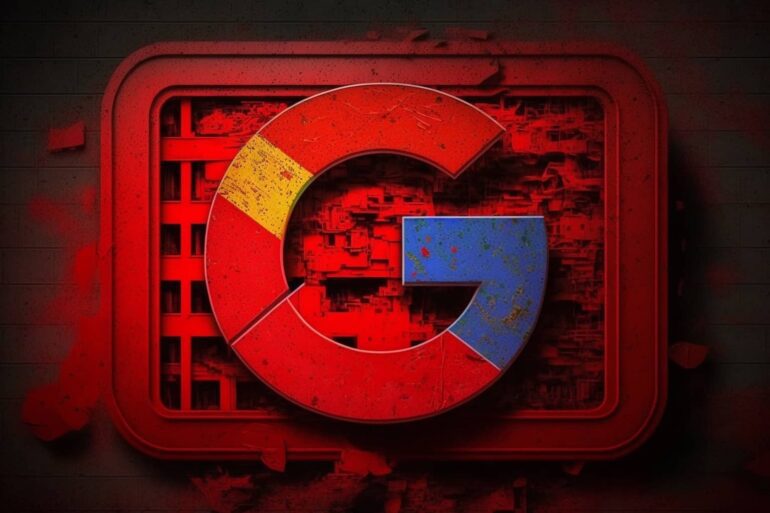TL;DR:
- Google has updated its privacy policy to allow the utilization of publicly available data for AI training.
- The policy amendment includes Google’s AI models, Bard and Cloud AI capabilities, as eligible for training using publicly accessible online information and other public sources.
- This move aims to clarify that any publicly uploaded content may be utilized in Google’s AI training processes.
- The policy revision comes in the wake of a class-action lawsuit against OpenAI, alleging unauthorized scraping of private user information for ChatGPT training.
- Twitter’s recent change in access limits for tweets has sparked rumors of it being influenced by AI data scraping concerns.
Main AI News:
In a move that has generated both curiosity and concerns, Google recently announced updates to its privacy policy. The new policy grants the tech giant the ability to leverage publicly available data for artificial intelligence (AI) training purposes.
Implemented on July 1, the modifications can be examined in comparison to prior versions of the policy, accessible through a link published on the company’s update page. Among the notable changes in the latest iteration is the inclusion of Google’s AI models, Bard and Cloud AI capabilities, among the services eligible for training. This training may draw upon “information that’s publicly available online” as well as data sourced from “other public sources.”
By introducing these updates, Google is taking steps to clarify to the public and its users that any publicly uploaded content has the potential to be utilized in their training processes. This policy adjustment arrives on the heels of a class-action lawsuit filed against OpenAI, the developer responsible for the widely acclaimed AI chatbot ChatGPT. OpenAI has been accused of scraping private information from users without obtaining the necessary consent. The lawsuit asserts that OpenAI trained ChatGPT using data extracted from millions of comments on social media platforms, blogs, Wikipedia, and other personal sources. Consequently, it is argued that this breach violated the copyrights and privacy rights of countless internet users.
The spotlight on data scraping has intensified further with Twitter’s recent alteration of access limits for tweets, raising speculation that this change was partly motivated by AI data scraping concerns. Twitter’s developers have stated that rate limits were implemented as a means to manage the volume of requests directed at the platform’s application program interface.
Notably, Elon Musk, Twitter’s owner and former CEO, weighed in on the matter via a tweet, expressing his observations about the platform suffering from “data pillaging” that adversely affected the experience of regular users.
Conclusion:
Google’s updated privacy policy reflects its commitment to leveraging publicly available data for AI training. By including their AI models in the scope of eligible services, Google aims to harness the vast amount of information available online. However, this move also raises concerns about user privacy and copyright infringement, as exemplified by the ongoing lawsuit against OpenAI. The tech market must navigate the delicate balance between data utilization for AI advancements and safeguarding individual privacy and copyright rights. Stakeholders will closely monitor the responses of major players in the industry to these evolving dynamics in data usage and AI training.

